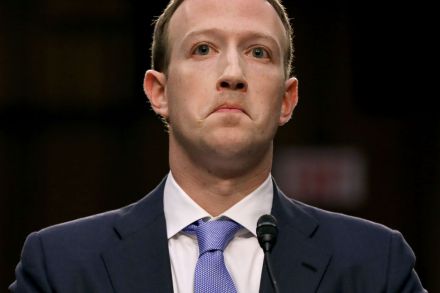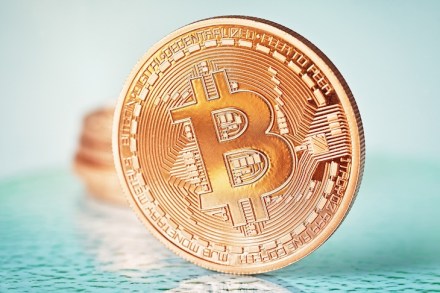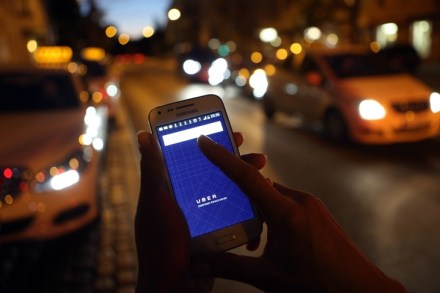High life | 19 April 2018
New York Remember when the internet, Twitter, Facebook and other such useless gimmicks were supposed to usher in an era of transparency and knowledgable bliss? This technology makes George Orwell’s Nineteen Eighty-Four redundant: no longer science fiction; more Knights of the Round Table. Big Brother is more powerful and more all-knowing than ever before, and we have that Errol Flynn lookalike Mark Zuckerberg to thank. There is no such thing as privacy any longer, unless of course one writes letters by hand and does not possess a smart telephone. (Include me out — I own a mobile but use it only when on board a sailing boat.) Yes, the world




















